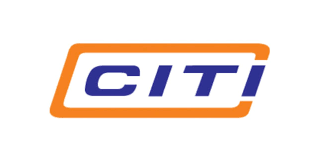CITI calls for competitive raw materials in textile policy

The Confederation of Indian Textile Industry (CITI) applauds recent government policies aimed at reviving the domestic textile sector. These include minimum import prices for certain fabrics and exemptions for quality control orders (QCOs) for specific manufacturers.
CITI believes these initiatives will provide immediate relief and propel the industry towards a $350 billion target by 2030, creating millions of jobs and attracting significant investments. However, achieving such ambitious goals hinges on readily available raw materials like cotton and man-made fibers (MMF) at competitive prices.
Cotton: CITI proposes removing import duties on all cotton varieties, including waste, to improve cost competitiveness. Additionally, they recommend promoting high-yielding, specialized cotton seeds to boost domestic production.
MMF textiles: To enhance MMF growth, CITI suggests exempting fibers and yarns unavailable domestically from QCOs. This ensures access to essential materials without regulatory hurdles. Additionally, they propose extending exemptions currently applicable to textile QCOs to similar regulations from the Department of Chemicals and Petrochemicals, for a level playing field.
Furthermore, CITI recommends establishing a committee to monitor raw material availability and identify specialized fibers requiring QCO exemptions due to supply or price constraints. Ensuring a smooth supply chain with internationally competitive prices remains a top priority.
Other policy proposals include, lowering standard input and output norms for cotton blended with MMF and viscose staple fiber (VSF); addressing GST issues to prevent capital blockage within the MMF value chain; implementing separate codes for recycled MMF products to promote sustainability; expanding viscose production hubs to reduce logistical costs for manufacturers; allowing duty-free import of QCO-restricted materials for intermediate supplies by specific manufacturers. CITI Chairman, Rakesh Mehra, emphasizes the industry's potential for growth, stating, “Raw material availability at competitive prices can address stagnation and propel sunrise sectors like technical textiles.”
